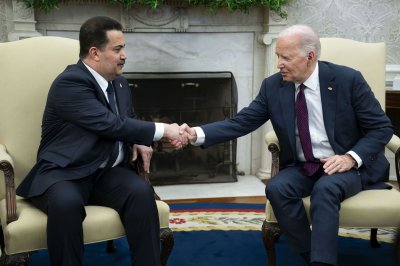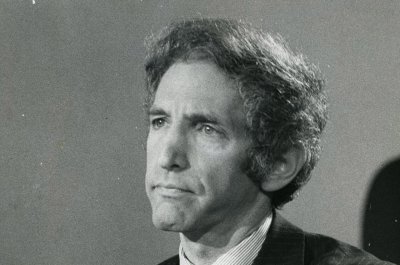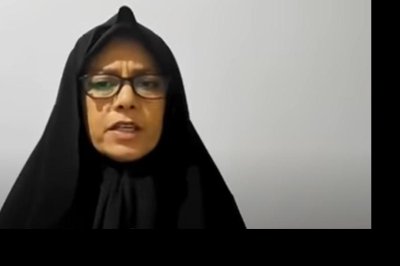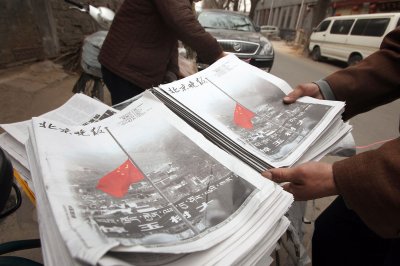Topic: Saddam Hussein
Quotes
My opportunity to sleep in this place is limited and almost scarce. I don't think there is anyone with a sensitive and humanitarian heart who can sleep amidst the screams of the tortured and the many blows of the doors and the squeaking sounds of the chairs
Saddam's letters reveal jail complaints May 05, 2009
The shoe monument is a gift to the next generation to remember the heroic action by the journalist
Iraq shoe-throwing monument removed Jan 31, 2009
I swear by God his body was totally intact except for a bruise on his cheek
Guard says Saddam Hussein's body stabbed Nov 01, 2008
The laws must reform past oppression and not force an unjust division or ethnically cleanse the Kurds, nor should it legislate deals that only touch the surface of the matter
Iraq Press Roundup Jul 29, 2008
We have absolutely no relation to the former regime which was ruling in Iraq
Iraq gov't embraces 'tyrannical mentality' Jul 08, 2008
Saddam Hussein Abd al-Majid al-Tikriti (Arabic: صدام حسين عبد المجيد التكريتي Ṣaddām Ḥusayn ʿAbd al-Maǧīd al-Tikrītī; 28 April 1937 – 30 December 2006) was the fifth President of Iraq, serving in this capacity from 16 July 1979 until 9 April 2003. A leading member of the revolutionary Ba'ath Party, which espoused a mix of Arab nationalism and Arab socialism, Saddam played a key role in the 1968 coup that brought the party to long-term power.
As vice president under the ailing General Ahmed Hassan al-Bakr, and at a time when many groups were considered capable of overthrowing the government, Saddam created security forces through which he tightly controlled conflict between the government and the armed forces. In the early 1970s, Saddam nationalized oil and other industries. The state-owned banks were put under his control, leaving the system eventually insolvent. Through the 1970s, Saddam cemented his authority over the apparatuses of government as oil money helped Iraq's economy to grow at a rapid pace. Positions of power in the country were filled with Sunnis, a minority that made up only a fifth of the population.
Saddam suppressed several movements, particularly Shi'a and Kurdish movements seeking to overthrow the government or gain independence, respectively. Saddam maintained power during the Iran–Iraq War of 1980 through 1988. In 1990 he invaded and looted Kuwait. An international coalition came to free Kuwait in the Gulf War of 1991, but did not end Saddam's rule. Whereas some venerated him for his aggressive stance against Israel, including firing missiles at Israeli targets, he was widely condemned for the brutality of his dictatorship.
It uses material from the Wikipedia article "Saddam Hussein."














